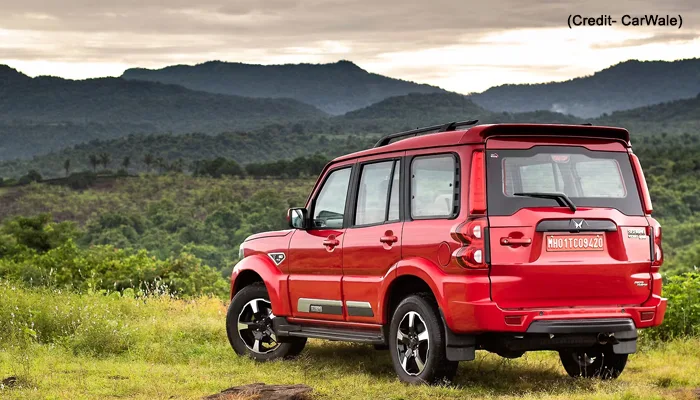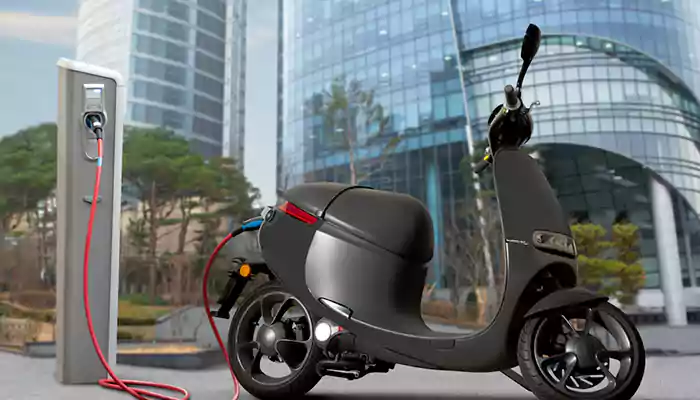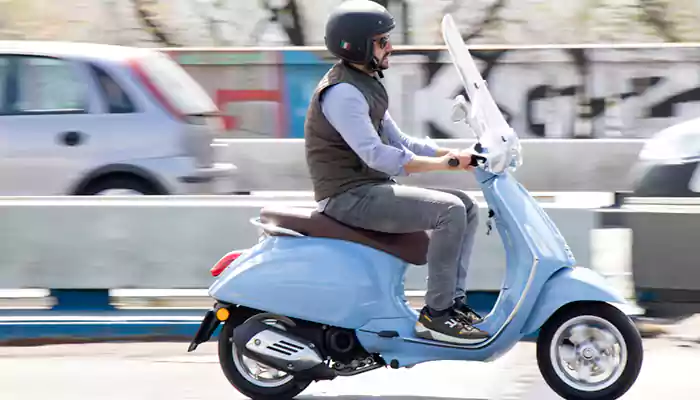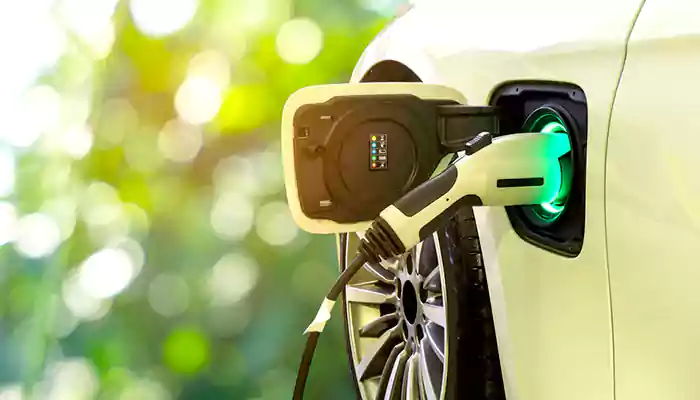Swedish Company Invests in Indian eTuktuks: What This Means for You
- Rohit Chatterjee
- 1 year ago
- 4 minutes read

The Indian subsidiary of the Swedish brand secured a seed fund investment of one million dollars
Clean Mobility, a Swedish clean mobility company, is set to participate in the booming Indian electric vehicle industry. Clean Mobility India, a subsidiary of the Swedish company, has secured funding of one million dollars from Finvolve, a micro VC firm from Indian Accelerator. The company aims to solve India's last-mile connectivity problem by investing in electric tuktuks/ electric rickshaws.
This is not the only instance when a foreign company has shown interest in expanding the electric tuktuk because, over the year, several foreign investors have made significant investments in the mentioned industry.
So, what does this mean for ordinary citizens like you and me?
Last-mile connectivity
As we are well aware, last-mile connectivity is a significant problem in India. Yes, the public transport system has improved over the years with the expansion of metro and rapid rails coupled with more buses plying on every route in a city. However, people still rely on their own scooters, motorcycles, cars, or rented autorickshaws and cabs to reach the metro stations or bus stands.
In short, using own vehicles leads to additional expenses and also increases air and noise pollution. Not to forget, traffic congestion is another major issue in any Indian city. In such situations, an electric tuktuk plying near seven to eight people on a single go is much more economical and hassle-free.
Reducing carbon footprint
Using electric tuktuks reduces not only the carbon footprint of vehicles but also the carbon footprint emitted by us individuals on a daily basis. The reduction in greenhouse gases will improve the quality of our environment and help us lead a healthy life. For example, take a look at Delhi's air quality index, which is often marked in red. In short, the people of Delhi are getting choked, and it is not the only city on earth in such a situation.

Thick smog in the Indian capital of Delhi, a scenario witnessed nearly every day by the residents
Easier on pockets
As we are well aware, charging an electric vehicle or swapping an electric battery is much more economical than paying for petrol or diesel. Therefore, electric tuktuks are lighter not only in the pockets of the users but also in the pockets of the owner. The cost of a tuktuk is much lesser compared to that of a traditional internal combustion engine autorickshaw. Not to mention, the maintenance cost is also comparatively low. In short, lower operating costs than conventional autorickshaws.
Empowerment
Electric tuktuks are much easier to operate compared to conventional autorickshaws. In a country such as India where female riders are lesser in number and hold less experience of driving on the road, female riders are voluntarily choosing to become electric tuktuk drivers because they are easy to ride. By doing so, they are empowering themselves to earn better for their family.

Suman, proudly sitting on the driver’s seat of her tuktuk (Credit- CBC News/SalimahShivji)
While speaking to CBC News, Suman, a 36-year-old mother of four, said, "I told them that I don't care what anyone says, I need to drive to give my daughters a better life. I don't want my girls to have the same fate as me. I want them to get an education," as quoted by CBC News.
At the time of drafting this article, India has nearly two million accounted electric tuktuks plying on the streets. In the years to come, the number is expected to rise as NitinJairamGadkari, the Minister for Road Transport & Highways in the Government of India, is determined to ban petrol and diesel driven vehicles in India.












